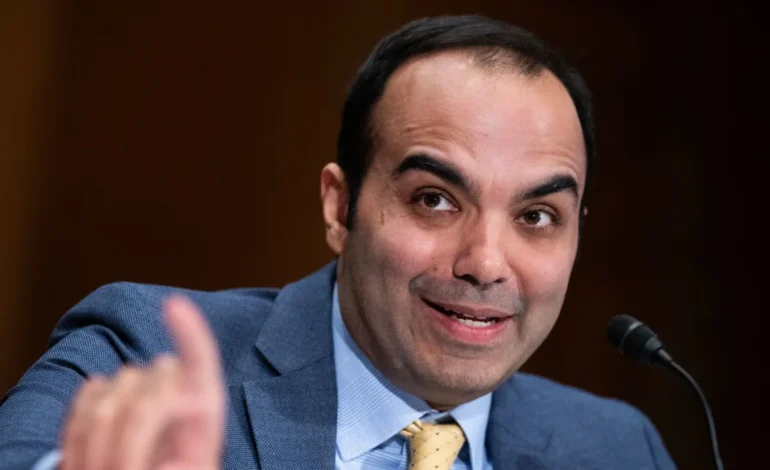The Consumer Financial Protection Bureau (CFPB) announced new rules on Thursday that will extend its regulatory authority to major technology companies offering digital payment services, the Washington Post and CNBC report.
This move marks a significant expansion of the federal financial watchdog’s powers, enabling it to subject nonbank firms, such as Apple, Google, and PayPal-owned Venmo, to oversight similar to that applied to banks and credit unions.
The CFPB’s finalized rule allows for proactive examinations of large tech firms operating payment systems, ensuring compliance with laws governing consumer privacy, fraud prevention, and fair competition. The new regulations apply to companies processing at least 50 million transactions annually, a threshold that brings seven nonbank firms under direct scrutiny. Among the affected services are Apple Pay, Google Pay, Amazon Pay, PayPal, and peer-to-peer platforms like Venmo and Zelle.
“Digital payments have gone from novelty to necessity, and our oversight must reflect this reality… The rule will help to protect consumer privacy, guard against fraud, and prevent illegal account closures,” said CFPB Director Rohit Chopra.
The CFPB estimates that the apps impacted by the rule process more than 13 billion consumer payments each year, with particularly strong adoption among low- and middle-income users.
The new rules position the CFPB to treat tech firms offering financial services more like traditional banks. This includes the authority to conduct examinations, request records, and interview employees to ensure compliance with financial regulations. Previously, the CFPB’s oversight of digital payment companies was limited to electronic fund transfer rules.
The rule excludes apps tied to specific retailers, such as Starbucks, and raises the transaction threshold from the initial proposal of 5 million to 50 million transactions annually. This adjustment limits the scope to seven major firms, down from the 17 initially identified.
The tech industry has expressed significant opposition to the new oversight. Lobbying groups representing companies like Apple, Google, and PayPal criticized the CFPB for expanding its reach, with some signaling potential legal challenges.
At the same time, the banking industry, traditionally at odds with the CFPB, welcomed the move, arguing that tech companies should face the same regulatory scrutiny as financial institutions.
Consumer complaints about digital payment services have also driven the CFPB’s actions. Federal investigations have revealed widespread issues, including fraudulent charges and account closures, leading to heightened scrutiny of companies like Block (owner of Cash App) and Facebook.
The future of the CFPB’s expanded oversight remains uncertain. With the incoming Trump administration and a Republican-controlled Congress historically critical of CFPB overreach, the rules could face revisions or rescission. However, broader bipartisan interest in regulating tech giants might lend some support to the new measures.
The rules will take effect 30 days after publication in the Federal Register.








